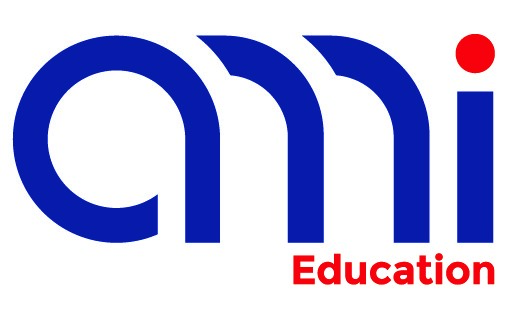Karachi (PR), March 9, 2025: The National Workers Front Gilgit-Baltistan (NWF-GB), National Students Front Gilgit-Baltistan (NSF-GB), and National Women’s Front Gilgit-Baltistan (NWF-GB) jointly organized a seminar and Iftar party at Irtiqa Institute of Social Sciences, Karachi.
The event titled ‘Huqooq Do, Dam Banao Tehreek’ focused on discussing and exploring the achievements, concerns, and future possibilities related to the ongoing movement initiated by the people of Diamir to advocate for their rights and address their demands.
The event was attended by students, researchers, civil society activists, as well as individuals affiliated with various organizations, political groups, and student organizations from Gilgit-Baltistan. Residents from different regions including those from Diamir also participated in the event.
The seminar was moderated by Ali Ahmed Jan, a key figure in the NWF-GB. Among the distinguished speakers were Comrade Didar Ali, President NSF-GB Sindh Zone; Qari Farooq, an important figure from Diamer district; Minhaj Mousavi, a prominent journalist and academic from Nagar; Adeel Mughal from Kashmir; and Safdar Ali Shirazi, Pakistan Tehreek Insaaf (PTI) Worker from Ghizer.
The speakers, while sharing their thoughts on the movement, emphasized the key concerns and demands related to the construction of the Diamer-Bhasha Dam and its impact on the people of Gilgit-Baltistan.
The president NWF-GB Sindh Zone Bsharat Hussain Mahdavi concluded the session. In his concluding remarks, Basharat Hussain Mahdavi, expressed gratitude to all the participating groups and attendees. He presented a critical analysis of the construction of Diamer-Bhasha Dam, touching upon its environmental consequences, the unresolved constitutional status of Gilgit-Baltistan, the Land Reforms Act, the Ghizer-Shandur Road project, and the strategic importance of the Sost Dry Port.
He emphasized that mega projects, such as the construction of a concrete dam, should not proceed without ensuring the fundamental rights of local communities. He warned that failure to address these issues could lead to irreversible environmental and social devastation for the entire Gilgit-Baltistan region.
Declaration
During the seminar, a collective declaration was made, emphasizing the following demands:
1. Implement all 31 points outlined in the ‘Huqooq Do, Dam Banao Tehreek’ Charter of Demands without any delay.
2. Enforce Article 1 and Article 257 of the Constitution of Pakistan, which recognize Gilgit-Baltistan as a disputed territory, and uphold the rights of Indigenous Peoples (UNDRIP) as outlined in the United Nations Declaration on Human Rights.
3. Ensure that the electricity and water generated by the Diamer-Bhasha Dam are first allocated to meet the needs of the people of Gilgit-Baltistan before being supplied to the rest of Pakistan.
4. Reject any attempts to impose the controversial Land Reforms Act, both past and future, until a final decision is made regarding the disputed status of Gilgit-Baltistan.
4. End the control of the National Logistics Cell (NLC) over Sost Dry Port and stop the exploitation of local businesses. Additionally, remove the requirement of a PKR 5 million bank statement for border passes and put an end to non-local control over trade operations in the region.
5. Put an end to the environmental degradation caused by the construction of the Diamer-Bhasha Dam, including the excessive use of explosives, the erection of a 272-meter-high concrete structure, and the storage of 8 million acre-feet of water, which could worsen the impacts of climate change in Gilgit-Baltistan. Furthermore, establish a comprehensive pre-disaster management system across the region and allocate environmental royalties to the affected communities.
6. Provide compensation to those displaced by the Ghizer-Shandur Road project and recognize their rights.
7. The declaration also expressed support the protests against power shortages in Hunza, Kharmang, and other areas, urging an immediate resolution to the energy crises in these regions.
The seminar concluded with a firm commitment from all participants to continue advocating for the rights of Gilgit-Baltistan and to resist any projects that threaten the region’s environment, economy, or social stability.
The officials of NWF-GB reaffirmed their stance that without local consent and safeguards, mega-projects like the Diamer-Bhasha Dam would not be accepted. The event marked another important milestone in the ongoing struggle for justice for the people of Gilgit-Baltistan.
The post National Workers Front Holds Seminar and Iftar Party in Karachi, Launches ‘Huqooq Do, Dam Banao Tehreek’ with Joint Declaration first appeared on IBEX TIMES.
